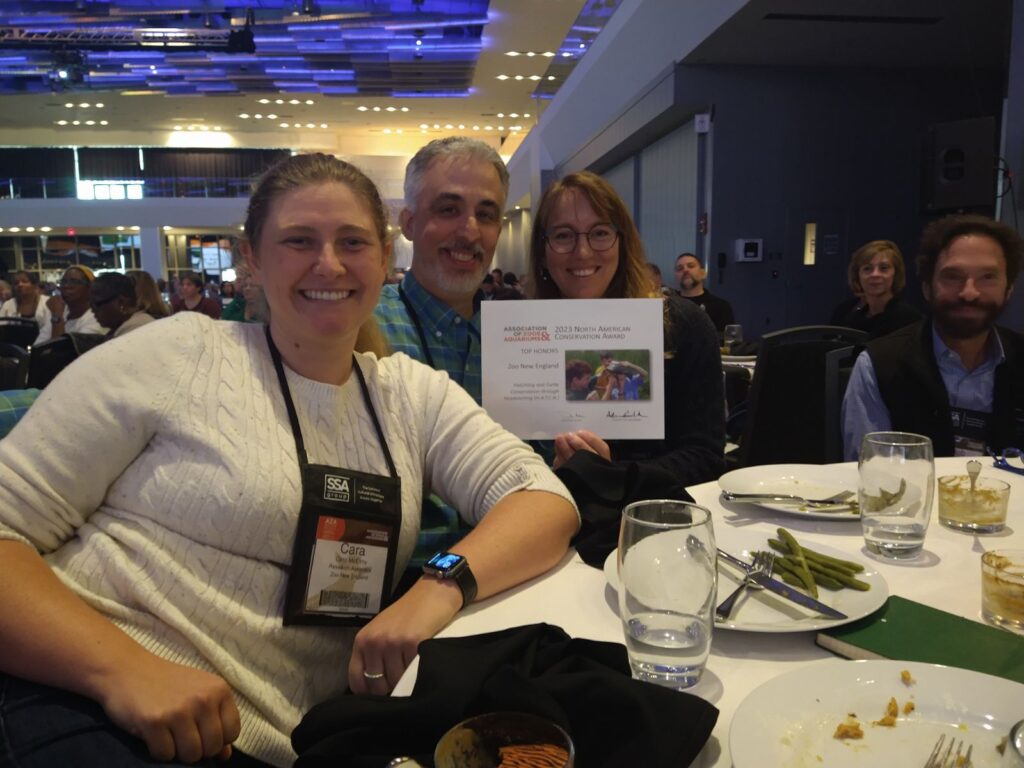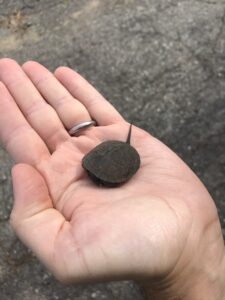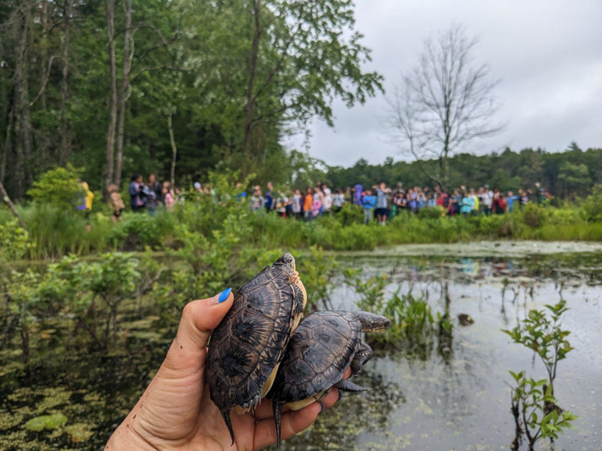Zoo New England is proud to announce that our Hatchling And Turtle Conservation through Headstarting program (also known as H.A.T.C.H.) won Top Honors for the AZA North American Conservation Award! The AZA (Association of Zoos & Aquariums) is the foremost accreditation and professional organization for zoos and aquariums across the continent, and this prestigious award (which can go to any conservation program at any of the AZA’s 230+ member and partner institutions) is highly competitive.


What makes the H.A.T.C.H. program so special? To date, we have headstarted and released more than 800 baby turtles of rare and protected species in Massachusetts, including more than 700 Blanding’s turtles, more than 100 wood turtles, and smaller numbers of spotted turtles. These individuals also have better odds of survival after their release compared to yearling turtles hatched in the wild – up to 40x higher in some cases! We know from our extensive radiotracking and trapping that 95% of the juveniles in our flagship population of Threatened Blanding’s turtles in Concord, MA, are now alumni of the H.A.T.C.H. program. Before headstarting began, there were essentially no juvenile turtles in the population.
Restoring native wildlife populations is incredibly important, but it’s only one piece of the puzzle. Without care and stewardship from their human neighbors, even recovered populations of animals are likely to become endangered in the future. That’s why the school participation component of H.A.T.C.H. is so critical. To date, more than 10,000 Massachusetts schoolchildren across more than 60 different schools have raised native turtles in their classrooms and learned how to become conservation heroes themselves. They’ll carry that experience forward as they grow into decision makers in their own communities. We believe the feedback from students and teachers sums up the impacts best, as one student said:
“In fourth grade, our project on Blanding’s turtle project earned us second place nationally in the Disney Planet Challenge. As a ten year old, I was able to see how my hard work could actually make a tangible impact on my community.”
And as one teacher put it:
“Caring for animals is rewarding for children, but caring for animals that are in danger and need their help teaches them a lesson that mere textbooks and lectures cannot…[The] headstarting program is citizen science at its best, for it connects students to their environment in a real way and empowers young biologists to realize they can make a difference.”

The Field Conservation Department is excited and humbled to receive such an honor, and we’ll work hard to keep making H.A.T.C.H. the best it can be going forward!
